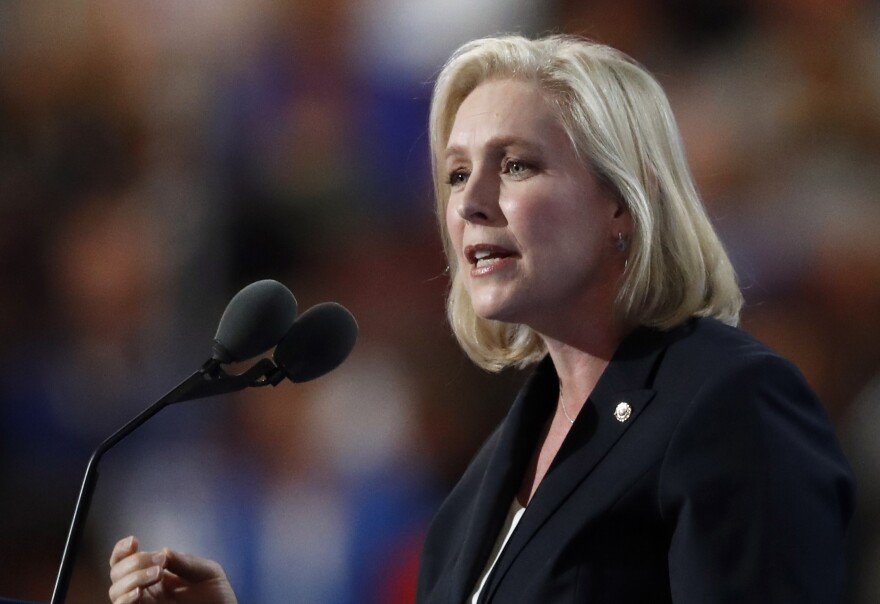U.S. Senator Kirsten Gillibrand (D-NY) is pushing Congress to pass additional funding to bolster the World Trade Center Health Program, which provides critical health care access for those affected by the Sept. 11 terror attacks.
“We must make sure that our promise to all 9/11 survivors, responders, and families is exactly what we intend it to be," Gillibrand said. "We cannot fall short on this promise, and we must do whatever it takes to help them in this time of need.”
The program was established by Congress in 2011 to monitor and provide medical treatment to responders and survivors of 9/11. But the formula used to determine how the money is distributed will not be able to keep pace with the anticipated costs, which means the program will have to stop enrolling new members in October 2024.
Gillibrand touted the 9/11 Responder and Survivor Health Funding Correction Act, which would close the funding gap by delivering $3.6 billion of supplemental funds. This includes $46 million for the foundation of a new research cohort that would study the impacts of 9/11 on the almost 35,000 people who were children at the time of the attacks.
Tom Hart, a 9/11 responder and president of IUOE Local 94, said the dust that the children may have come in contact with or inhaled from schools or daycares located in the disaster area is affecting them now as adults. He expressed support for Gillibrand’s request and said there is a need to continue supporting the survivors and responders who develop illnesses as a result of their exposure.
“I have the utmost confidence that this bill will be passed and sent to the president’s desk,” Gillibrand said.
Ben Chevat, executive director of Citizens for the Extension of the James Zadroga Act, emphasized the importance of the research cohort.
“This cohort is really going to give the program capabilities to really look to see what the health impacts have been on the residents, on those populations who were children. It’s a capability that the program doesn’t have today,” he said.
Michael Barasch, an attorney with Barasch & McGarry, a firm that has helped tens of thousands of victims file claims with the fund, said with over 120,000 people currently enrolled in the World Trade Center (WTC) Health Program, and more getting sick every day, more funding is crucial for ensuring these 9/11 survivors get the critical healthcare they need.
“Tragically, more than 20 years later, the risk of deadly cancers and respiratory illnesses for 9/11 victims continues to increase. Not a week goes by without at least a dozen of our clients passing away. It’s truly heartbreaking," Barasch said. "I urge Congress to fully fund the WTC Health Program. Our heroes and their families cannot afford to wait.”


